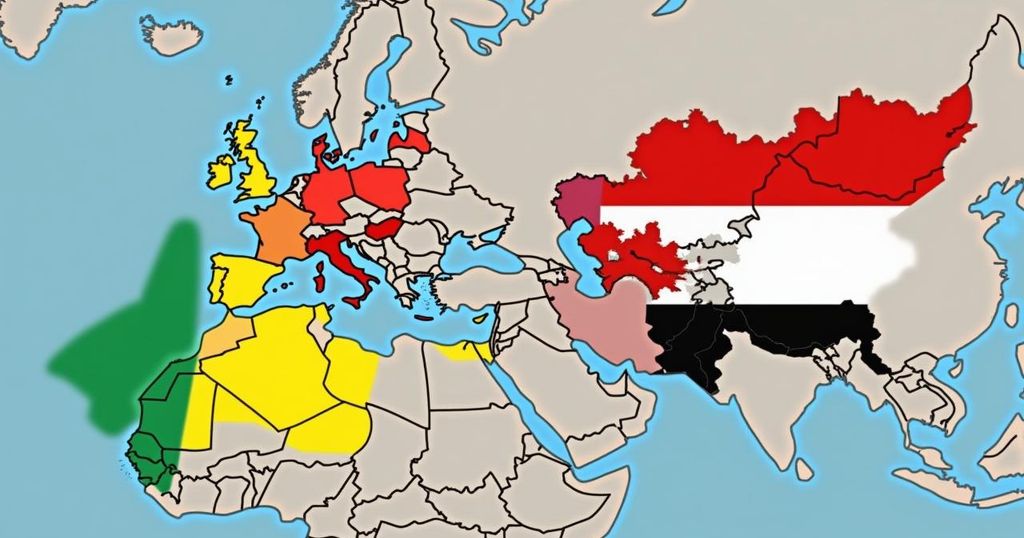Switzerland Updates Sanctions Regulations for Guinea-Bissau and Syria

Switzerland has amended its sanctions lists regarding Guinea-Bissau and Syria. Na Bidon Tchipa and Djaló Idrissa are no longer subject to financial sanctions but remain listed due to their roles in past coups. Na Man Julio was de-listed, and Shalaa Mohammed Makhlouf from Syria was also removed from the list following a court ruling that she had negated her presumed ties to the Syrian regime.
On October 9, 2024, Switzerland implemented significant amendments to its ordinance concerning sanctions imposed on Guinea-Bissau and Syria. In the context of Guinea-Bissau, it was determined that Na Bidon Tchipa and Djaló Idrissa are no longer subject to financial sanctions, but they will remain on the sanctions list due to their alleged roles in the military coup of 2012. Additionally, Na Man Julio has been officially removed from the sanctions list; he was previously designated for his involvement in the 2021 coup. Turning to Syria, Shalaa Mohammed Makhlouf has also been removed from the sanctions list. She was initially designated because of her familial ties to Mohammed Makhlouf. However, in a ruling by the European Union Court in July 2024, it was established that she should be de-listed, as she had sufficiently demonstrated a lack of connection to the Syrian government, citing a long-standing estrangement from her family. These changes highlight Switzerland’s ongoing efforts to align its sanctions regulations with judicial rulings and the evolving political context surrounding these individuals.
The sanctions imposed by Switzerland against certain individuals from Guinea-Bissau and Syria pertain to their alleged involvement in politically motivated violence and military coups. Specifically, the sanctions against individuals from Guinea-Bissau were primarily in response to the military coup of 2012, which destabilized the nation. The Swiss ordinances are influenced by broader international efforts to address governance issues and promote stability in the region. Furthermore, the recent judicial decisions from the European Union Court reflect an increasing scrutiny on the validity of such sanctions, emphasizing the necessity for evidence-based designations and allowing individuals the opportunity to contest their sanctions status. In the context of Syria, the ruling concerning Shalaa Mohammed Makhlouf underlines the complexities surrounding familial relationships and their implications in sanction designations. The continued evaluation of these sanctions reflects an ongoing commitment to international law and justice.
In conclusion, Switzerland’s recent amendments to the sanctions lists for Guinea-Bissau and Syria demonstrate a commitment to uphold legal standards and reflect the latest judicial decisions. While Na Bidon Tchipa and Djaló Idrissa remain under sanctions albeit without financial penalties, Na Man Julio has been successfully de-listed. In Syria, Shalaa Mohammed Makhlouf’s de-listing follows a judicial ruling that recognized her estrangement from her family and lack of ties to the Syrian government. These developments indicate Switzerland’s responsive governance concerning international sanctions and its alignment with adjudicated legal frameworks.
Original Source: globalsanctions.com





